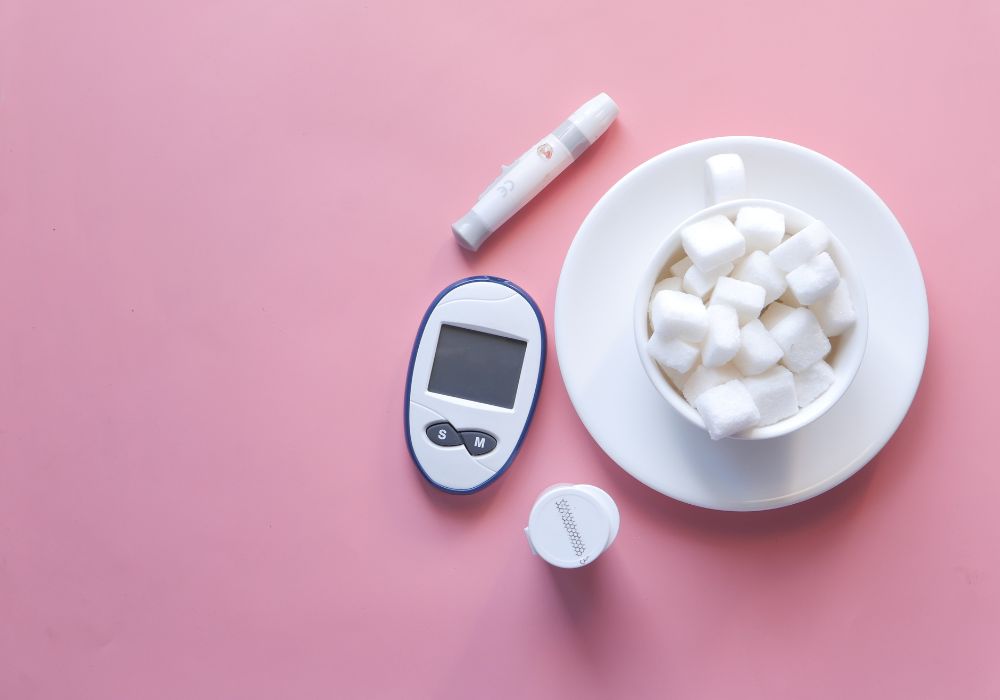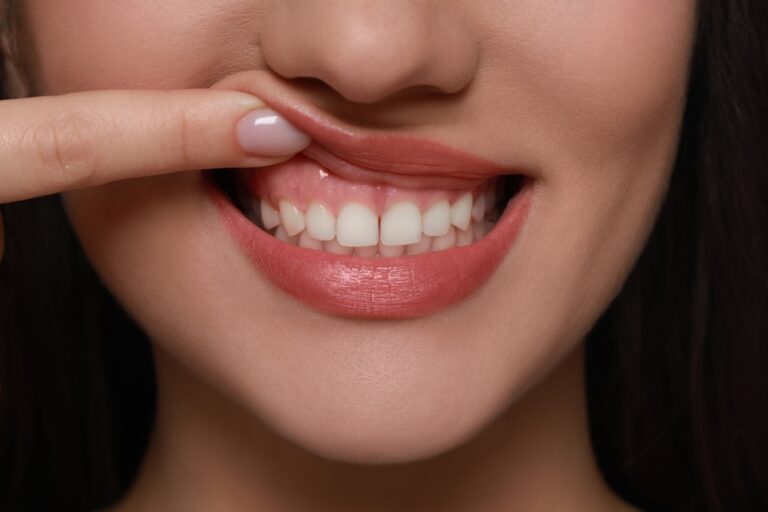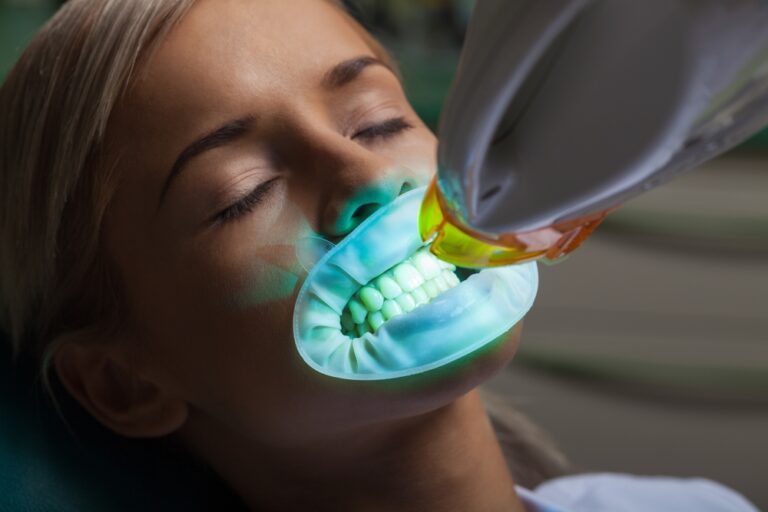Diabetes is a prevalent health condition that affects millions of people worldwide. It’s characterized by the body’s inability to process glucose, commonly known as blood sugar, effectively. There are two main types of diabetes: Type 1 and Type 2, each with distinct causes and mechanisms, but both lead to high blood sugar levels, causing a range of health issues. Understanding how diabetes develops and its potential triggers is crucial for prevention and management. Let’s take a closer look at how your dentist could help you determine your risk for diabetes.
Understanding Diabetes

Before delving into how diabetes develops, it’s essential to understand the basics. Diabetes is the result of a glucose imbalance in the body. Glucose is a vital energy source derived from food, particularly carbohydrates. Insulin, a hormone produced by the pancreas, helps cells absorb glucose from the blood to be used for energy or stored for future use. When you have diabetes, insulin production can be interrupted, making it critical for patients to monitor their blood sugar levels.
- Type 1 diabetes is typically diagnosed in children and young adults and is considered to be an autoimmune condition where the body attacks insulin-producing cells in the pancreas. This type of diabetes is less related to lifestyle factors and more to genetic and environmental triggers.
- Type 2 diabetes is more common in adults. It often occurs when the body becomes resistant to insulin or when the pancreas does not produce enough insulin. Unlike Type 1, lifestyle factors such as diet, physical activity, and body weight play significant roles in the onset of Type 2 diabetes.
How Your Dentist Can Help
Your dentist can potentially play an essential role in spotting the early signs of diabetes during your routine check-up. Most can detect early signs of gum disease, which can be a sign of diabetes. They can look for symptoms like gum disease, oral infections, dry mouth, slowly healing oral wounds, or an increase in cavities. If they suspect that you may be showing signs of diabetes, they can do an in-office blood sugar test for confirmation.
How to Avoid a Type 2 Diabetes Diagnosis
There are several lifestyle changes that you can make to prevent the development of Type 2 diabetes. Here are some strategies to consider:
- It is crucial to maintain a healthy weightby eating a well-balanced diet and exercising regularly.
- Aim to eat whole, unprocessed foods whenever possible and limit your consumption of sugary drinks, pre-prepared foods, and snacks.
- Focus on regular physical activity, aiming for at least 150 minutes of moderate exercise per week.
- Take care of your blood pressure and cholesterol levels by monitoring and managing them as necessary.
- Do not smoke or use tobacco products, as both contribute to an increased risk of developing diabetes.
- Make sure to get regular check-ups and screenings to prevent diabetesand to keep tabs on your overall health.
- Managing stress levels may be achieved through the use of techniques such as mindfulness meditation, relaxation exercises, or counseling.
- Avoid consuming alcohol when you are a diabetic, as it may decrease your naturalinsulin level.s
By adopting these healthy habits, individuals can significantly reduce their risk of developing Type 2 diabetes and promote overall well-being.
Regular dental check-ups can be a valuable opportunity for your dentist to spot early signs of gum disease, which can indicate that you may have diabetes. By being vigilant about your oral health and maintaining a strong relationship with your dentist, you can work together to identify potential risks and take necessary steps to prevent or manage Type 2 diabetes.







